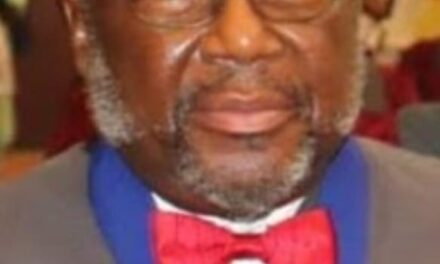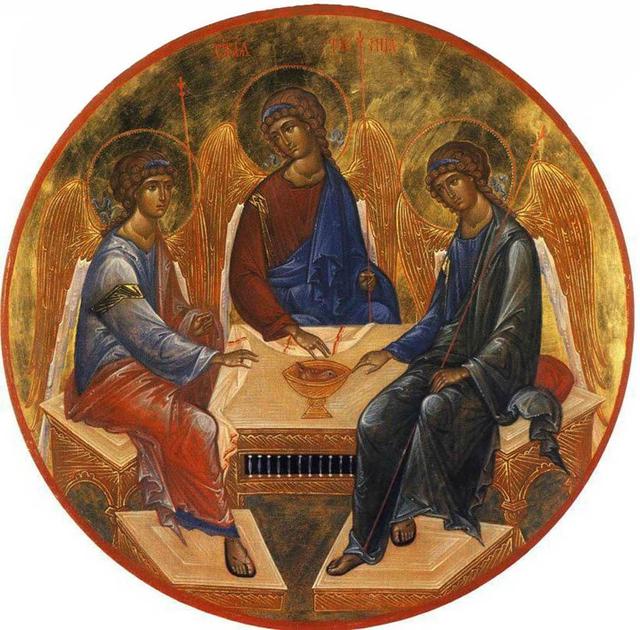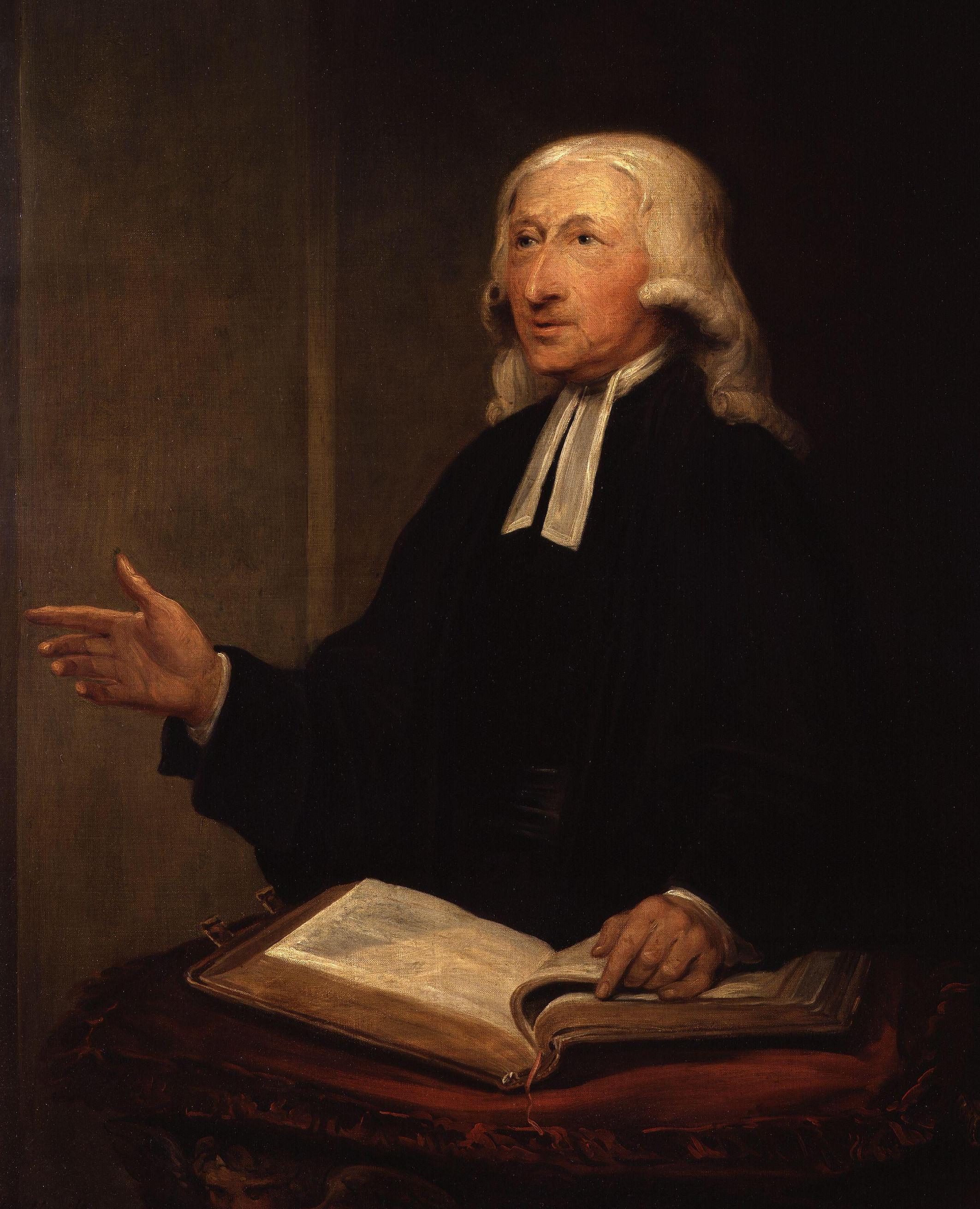Nigerian Methodism at 180, indigenised to decolonise hold forth the indigenous method as the largest hope to renew and grow the churches and reach the unreached across the world.[1] Indigenised to decolonise warns us about missional deviations, how we have lost our ways, sense of direction, and the essence of missions and leadership. The chief forces of the church are busy at useful tasks other than harvesting. Indigenised to decolonise corrects the deviations that in some vague way other religions confer salvation or love and hence their followers do not need Jesus as the Saviour, and the will to propagate the Christian faith is weakened. The world’s religions opposed to those of Christianity. Good deeds cannot be substituted for the winning of lost people to Christ just as Christian mission cannot be substituted for charity on the other side of the world.
Methodism has found new homes in vast number of cultures and places just as ‘church history has again and again demonstrated that the gospel is culturally and geographically translatable.’[2] Methodism successfully penetrated Africa and spread to Nigeria 180 years ago as the first international denomination in Nigeria. Just as Christian faith is not only culturally translatable, it is also theologically translatable; Methodism is culturally and theologically translatable. Methodism translatability is the inspiration of the Wesleyan spirituality reawakened and practised within new contexts like Nigeria. Today, Methodism is being written and sang in scores of Nigerian different languages ‘shedding new light on the gospel and helping to correct blind spots and biases which have developed’ through colonial theological reflections. Nigeria Methodism at 180, indigenised to decolonise is a renewal of missionary encounter as the greatest intellectual and practical task of the church to overcome the problem of the modern church including paganism.
Indigenised to decolonise is about finding missional corresponding interest in indigenous theological reflection. John Mbiti, one of the pioneers of African Christian theology, ‘once lamented how Africans had dutifully travelled to the eminent European and North American theological institutions for higher studies without finding any corresponding interest in their own theological reflections.’ According to him, ‘We have eaten theology with you; we have drunk theology with you; we have dreamed theology with you. But it has all been one-sided; it has all been, in a sense, your theology. We know you theologically. The question is, “Do you know us theologically? Would you like to know us theologically?’”[3]
Indigenised to colonise is an answer up to know much about the theological reflections of Majority World Christians because according to Mbiti, ‘it is utterly scandalous’ for students of Western theology to know more about the theology of heretics long dead than they do about the living theology of hundreds of millions of living Africans today.’ Nigeria Methodism at 180, indigenised to decolonise reminds us that, ‘the borders of theological discourse can no longer afford to stay within the familiar perimeter of Western discourse.’
The basic problem the church face today ‘has to do with knowledge and truth,’ information without transformation. According to James Draper, Jr, ‘it is not the quantity of truth which is being debated, but the source of truth.’ When biblical truth is rejected, all that is left to embrace is a lie just as when Light is rejected, all that is left is darkness. Today, the church runs the risk of promoting apostasy which explains the declines not just in numerical context but ‘the outcome of the erosion of the true gospel by the major churches of the West.’[4] William Abraham explained that, ‘the primary reality is that the churches of the West have systematically abandoned the gospel and are now reaping the consequences of their actions, as millions exit the old denominations and turn to more conservative brands of the faith. Such a turning is not an escapist mechanism to compensate for the loss of credibility in the modern world; it is the natural behaviour of those who have gone in search of spiritual reality and have failed to find adequate nourishment in the central institutions that profess to provide it.’ Abraham said, “decline, in this view, is a contingent historical reality that the churches have fostered or caused by failing to offer people the good news of the gospel in an uncompromising and full manner.’[5]
Bishop Lesslie Newbigin, the first director of the World Council of Churches’ Division of World Mission and Evangelism traces the roots of the problems of the modern church back[6] to a ‘radical break from the Christian civilization which had held society together virtually since the days of Augustine.’ The new movement “Enlightenment,” the rise of science that swept through Europe ‘precipitated a series of crises for the classical Christian tradition … a new theory of knowledge that exalted doubt over faith. The Enlightenment also created a new theory of the state. The nation-state replaced the church and the empire as the centrepiece of the political scene.’[7]
Nigeria Methodism at 180, indigenised to decolonise is a reawakening commitment to the truth of biblical Christianity – ‘a divinely inspired Bible guaranteed by God’s superintending action to be inerrant in the original autographs.’[8] This is beyond other epistemological options in relation to rationalism and ecclesiastical authority. Nigeria Methodism at 180, indigenised to decolonise is a quest to see ‘a major outpouring of the Holy Spirit that will purge the church of her sin and fill her with Pentecostal fire so that the work of evangelism will be owned afresh as both joy and responsibility.’
Nigerian Methodism at 180, indigenised to decolonise is a renewing translatability of Methodism spreading Scriptural holiness throughout the world as our parish. Bearing in mind the geographic and cultural shift in the centre of Christian and Methodism gravity, Nigeria Methodism at 180 is indigenised to decolonise through Methodism cultural and geographical translatability into a renewing missional and theological translatability. Nigerian Methodism at 180, indigenised to decolonise is about true renewal that ‘allows the true form of the church given by God to be constantly renewed across the generations.’ Methodist translatability takes the missional path of Scriptural truth of the Gospel being retold in new world context. Nigerian Methodism at 180, indigenised to decolonise is best expressed in an African proverb which comes from the Akan in southern Ghana: ‘The mother feeds the baby daughter before she has teeth, so that the daughter will feed the mother when she loses her teeth.’ Indigenised to decolonise beyond a cultural or geographical translatability is about theological insights to stimulate Christian renewal across the world. Indigenised to decolonised highlights the corrosive influence of colonial liberal theology and the need to ‘affirm the authority of the Scripture … a powerful bulwark against the winds of scepticism which have swept across much of the Western academy and church.’ Indigenised to decolonise is about the fresh missional voices of the World South on moral and ethical issues against the divisions and unending conflict across the world.
To overcome the danger of drowning[9] and especially the decline of Methodism mother church, Nigeria Methodism at 180, indigenised to decolonise as a paradigm of renewal for another revival objects to the moving away from the historic positions concerning the nature of the Bible. Faith of our fathers is indeed indigenised to decolonise. The translatability of Methodism placed God at the centre and the Bible as the missional principle and guide thereby guiding against ‘a loss of mission and evangelistic zeal; theological defection; undue emphasis upon the material and temporal with a corresponding loss of consciousness of the eternal.’ The written license of Methodism with the gold of Scripture in its variety of indigenous languages remains a God-given asset deeply theological and deeply sacramental. The translatability of Methodism remains a missional acknowledgement that the church beyond a denominational structure is destined for all peoples and culture hence, the world is our parish.
Jeffrey Barbeau in his book, The
Spirit of Methodism: From the Wesleys to a Global Communion ‘tells the
Methodists’ creation story: the saintly influence of Susanna Wesley on her
sons, John and Charles; John’s miraculous rescue from the fire that burned
their home; and John’s experience at Aldersgate, where he reported that “I felt
my heart strangely warmed.” The translatability of Methodism is about the
adaptability of Wesleyan experience and beliefs through personal experience of human
hearts strangely warmed. Nigeria Methodism at 180, indigenised to decolonise is
beyond what Barbeau called “Broad Church Methodism, an inherent diversity
within the movement that springs from the practical orientation of Wesleyan
theology.” Nigeria Methodism at 180, indigenised to decolonise, not only
‘provide a historical and theological framework,’ it summons the Body of Christ
to know ‘the meaning of one of the most influential and fruitful movements in
Christian history.” Nigeria Methodism at 180, indigenised to decolonise beyond
the colonial individualistic dimension and its glaring blind spots in
theological reflection grasp the corporate dimension of the teachings of the
New Testament. Indigenised to decolonise points ‘to the dynamics present in the
first century than either is to modern Western societies.’
[1] The Indigenous Church: A Report from many fields (Chicago: Moody Press, 1960), p. 3
[2] Timothy C Tennent, Theological Translatability in the New Global Context https://biblicalstudies.org.uk/pdf/anvil/27-2_020.pdf
[3] Mbiti, John, ‘Theological Impotence and the Universality of the Church,’ in Mission Trends No 3: Third World Theologies, Gerald H Anderson and Thomas F Stransky (eds), (Grand Rapids: Eerdmans, 1976), pp. 16-17
[4] Abraham, William, J, The Logic of Renewal (Cambridge: Wm. B. Eerdmans Publishing, 2003), p. 10
[5] Abraham, The Logic of Renewal, p. 10
[6] Newbigin, Lesslie, Foolishness of the Greeks: The Gospel and Western Culture (Grand Rapids: Eerdmans, 1986), The Gospel in a Pluralist Society (Grand Rapids: Eerdmans, 1989), and Truth to Tell: The Gospel as Public Truth (Geneva: World Council of Churches, 1991).
[7] Abraham, William, J, The Logic of Renewal (Cambridge: Wm. B. Eerdmans Publishing, 2003), p. 27
[8] Draper, James, Jr, Authority: The Critical Issue for Southern Baptists (Old Tapan, N.J: Revell, 1984), p. 15-22.
[9] Abraham, The Logic of Renewal, p. 1











Recent Comments